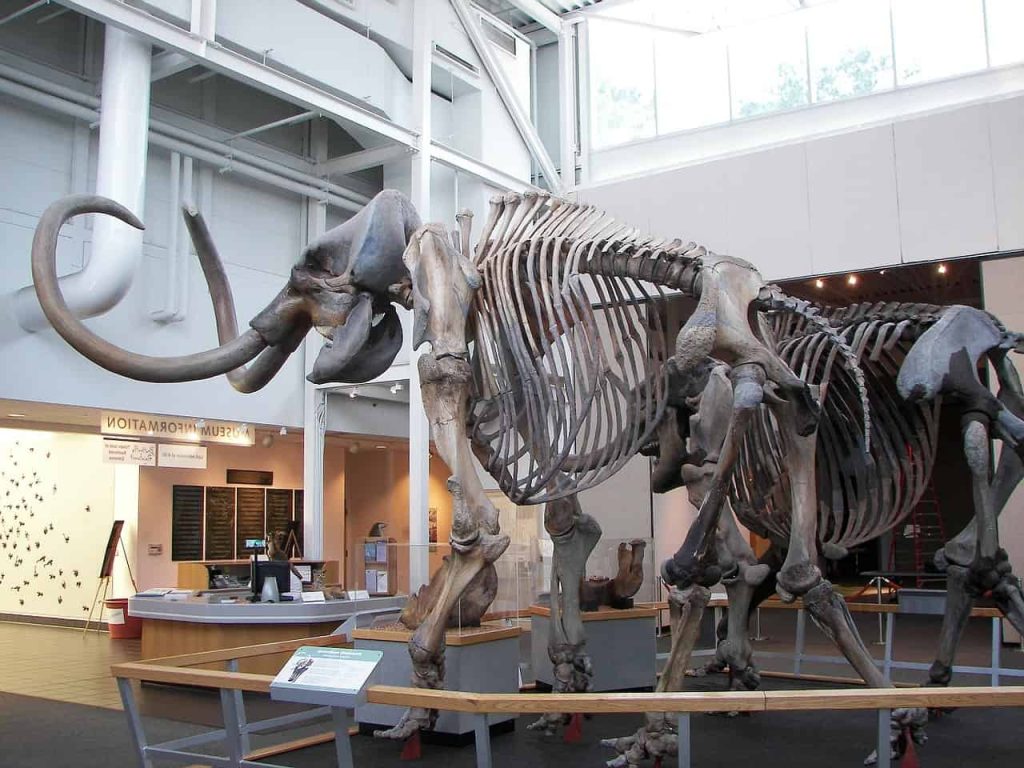
2 million year old DNA has been discovered
The world’s oldest DNA sample has been discovered. The previous “record” was a million years younger!
The researchers behind this discovery did not themselves expect to discover such ancient DNA! By searching for Pleistocene sediments collected north green landpaleontologists from the University of Copenhagen Discover a sample of DNA that is 2 million years old, a record in the field and a great subject of study!
Discover the oldest DNA
The work that led to this startling discovery has been published In the scientific journal Nature. By analyzing sediments collected in the permafrost at the northeastern tip of Greenland, the researchers succeeded in determining the sequence of a fragment of DNA.
After analyzing 41 samples trapped in clay and quartz, they were able to extract this two-million-year-old DNA. The oldest previous DNA sample identified so far was “only” a million years old!
A unique area in the world
The area in question benefits from an ecosystem not found anywhere else in the world. Cape Copenhagen has been studied since 2006 by researchers. The latter was formed thanks to the sediments carried by rivers to the sea, a landmass that eventually emerged from the water about two million years ago, which makes it unique today.
Its ecosystem today has nothing to do with the system at that time. Since the beginning of their work, the teams of Mikkel Winther Pedersen, one of the study’s lead authors, have been able to determine by collecting numerous DNA samples that the area was full of forests, protected species such as mastodons, reindeer and hares and with a large number of different plant species thanks to the warmer climate. 11 to 17 degrees at that time.
Understanding species adaptation
It is the presence of these mastodons in particular in the north that is of interest to scientists. This discovery could indeed make it possible to learn more about species adaptation to significant climate change, but over time.
The main challenge at present, this climate change is much faster, because human activity is accelerating. A situation that can be well observed in Greenland.

“Unapologetic pop culture trailblazer. Freelance troublemaker. Food guru. Alcohol fanatic. Gamer. Explorer. Thinker.”
